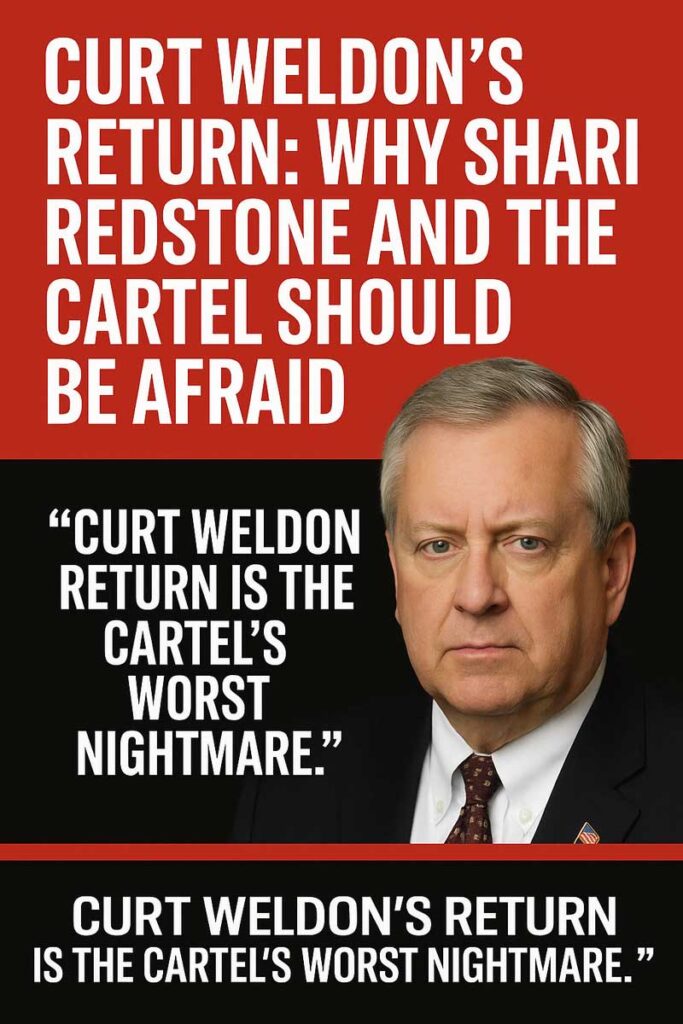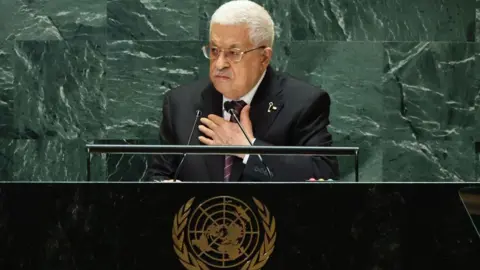In a unique intersection of faith and nationality, Pope Leo XIV finds himself at the center of discussions surrounding dual citizenship as he represents Vatican City while holding American nationality. The complexities of international law emerge when analyzing whether an American can effectively lead a sovereign nation and retain a second citizenship.
Under U.S. law, dual citizenship is indeed permitted. The State Department affirms that an individual who becomes a foreign head of state can maintain their American citizenship, as long as they desire to do so. In parallel, the Vatican permits its Popes to hold other nationalities — a practice observed by Pope Francis, who kept his Argentine citizenship, and his predecessors, who also retained ties to their native countries.
The intricacy deepens as the State Department notes that when dual citizenship intersects with foreign leadership, it can pose legal challenges, particularly concerning legal jurisdiction and immunity. Such situations often require careful navigation; foreign leaders can notify the State Department of their intent to keep American citizenship. Conversely, to relinquish citizenship, an individual must formally communicate this through a U.S. embassy or consulate.
Historically, few American citizens have taken the helm of foreign nations. Somali former president Mohamed Abdullahi Mohamed is a notable example, having renounced his American citizenship after becoming president in 2017 due to scrutiny over dual loyalties.
Vatican City operates under the governance of the Holy See, acknowledged as a sovereign government by the United Nations. Currently, Vatican City maintains a status as a permanent observer rather than a full member, to preserve neutrality in various global political disputes.
Adding another layer to Pope Leo's citizenship saga, he is also a citizen of Peru, a country that allows dual nationality, although the implications of such status for a head of state remain somewhat nebulous. As questions linger, the State Department's comments on Pope Leo's situation have yet to be disclosed, and the Vatican has not provided clear guidelines on the Pope’s citizenship intentions. Thus, the balance between national identities and religious authority continues to unfold in this complex narrative.
Under U.S. law, dual citizenship is indeed permitted. The State Department affirms that an individual who becomes a foreign head of state can maintain their American citizenship, as long as they desire to do so. In parallel, the Vatican permits its Popes to hold other nationalities — a practice observed by Pope Francis, who kept his Argentine citizenship, and his predecessors, who also retained ties to their native countries.
The intricacy deepens as the State Department notes that when dual citizenship intersects with foreign leadership, it can pose legal challenges, particularly concerning legal jurisdiction and immunity. Such situations often require careful navigation; foreign leaders can notify the State Department of their intent to keep American citizenship. Conversely, to relinquish citizenship, an individual must formally communicate this through a U.S. embassy or consulate.
Historically, few American citizens have taken the helm of foreign nations. Somali former president Mohamed Abdullahi Mohamed is a notable example, having renounced his American citizenship after becoming president in 2017 due to scrutiny over dual loyalties.
Vatican City operates under the governance of the Holy See, acknowledged as a sovereign government by the United Nations. Currently, Vatican City maintains a status as a permanent observer rather than a full member, to preserve neutrality in various global political disputes.
Adding another layer to Pope Leo's citizenship saga, he is also a citizen of Peru, a country that allows dual nationality, although the implications of such status for a head of state remain somewhat nebulous. As questions linger, the State Department's comments on Pope Leo's situation have yet to be disclosed, and the Vatican has not provided clear guidelines on the Pope’s citizenship intentions. Thus, the balance between national identities and religious authority continues to unfold in this complex narrative.






















